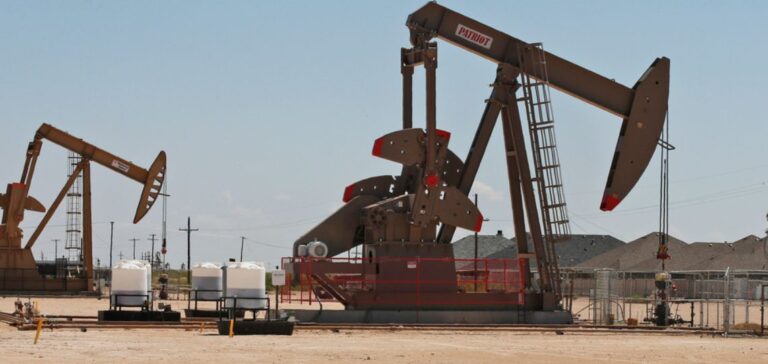Chinese crude oil imports from Saudi Arabia and Russia rebounded in August. Saudi shipments to China rose to 1.9 million barrels a day in August. As a result, Chinese refineries are anticipating the next quota announcement, which will have an impact on the resumption of imports.
Chinese crude oil imports from Saudi Arabia and Russia rebound in August
Chinese crude oil imports from Saudi Arabia and Russia showed signs of recovery in August after declines in July. However, these gains are unlikely to last as refineries await the next announcement on import quotas. In August, crude oil shipments from Saudi Arabia to China averaged 1.9 million barrels per day (b/d), up from 1.3 million b/d the previous month.
“Saudi energy diplomacy has always been versatile and adaptable to market fluctuations,” said Abdulaziz al-Moqbel, an independent energy consultant based in Al-Khobar.
“It’s easy to see that Chinese demand for oil is still strong and growing, regardless of many macroeconomic indicators,” he said.
“Saudi exports are built on three foundations: commitment, priority and competitiveness. These three foundations have enabled Saudi oil exports to withstand various scenarios of market conditions.”
Supplies from Russia stood at 1.38 million b/d, up from 1.36 million b/d the previous month, according to Kpler. Saudi Arabian imports were at a 12-month low of 1.33 million b/d in July. Russian shipments fell to 1.91 million b/d that month, the lowest since April, according to the China General Administration of Customs. Saudi Arabia’s official selling prices for August shipments are high. However, Middle Eastern crudes remain competitive with added transportation costs, according to Unipec. Chinese refineries are increasing their supply, the source added.
Refining awaiting quota announcements and resumption of Saudi export volumes
Iman Nasseri, Editor-in-Chief at Facts Global Energy in Dubai, indicated that the July customs data may have understated the figures by up to 1 million b/d. This underestimation is due to administrative and accounting delays. He added that these underestimates could be corrected upwards for the August data.
“Some Chinese refineries have been constrained by refinery maintenance and quota constraints, and some of the capacity under maintenance is coming back this month, hence an expected increase in volumes in August,” said Nasseri.
“However, refineries are waiting for the next quota announcement.”
Some small Chinese refineries have opted for fuel oil as an alternative to crude oil. This is due to the tightening up of “diluted bitumen” imports. However, according to him, trade has picked up strongly since June.
“After reducing forward volumes from Saudi Arabia due to high OSP prices over the past two months, Chinese refineries, including state-owned enterprises such as CNPC and Sinopec as well as mega-independents such as Hengli and Rongsheng, have resumed their usual forward volumes for September loadings,” he said.
“However, as the announcement of the new quotas is delayed, we expect Chinese importers to be less active on the spot market.”
Impact of OPEC+ cuts
Signs of increased Saudi volumes come at a time of record cuts in the country’s crude oil production, according to OPEC+. In April, Saudi Arabia announced that it would cut its crude oil production by 500,000 b/d. Several OPEC+ allies are contributing 1.2 million b/d of their reductions. The kingdom then declared that it was planning a unilateral cut of 1 million b/d for July and August. As a result, production reached a two-year low of 9 million b/d. In July, Saudi Arabia cut production to 9.05 million b/d, the lowest level since June 2021. However, the decline was less marked than expected, with production falling by 940,000 b/d compared with June.






















